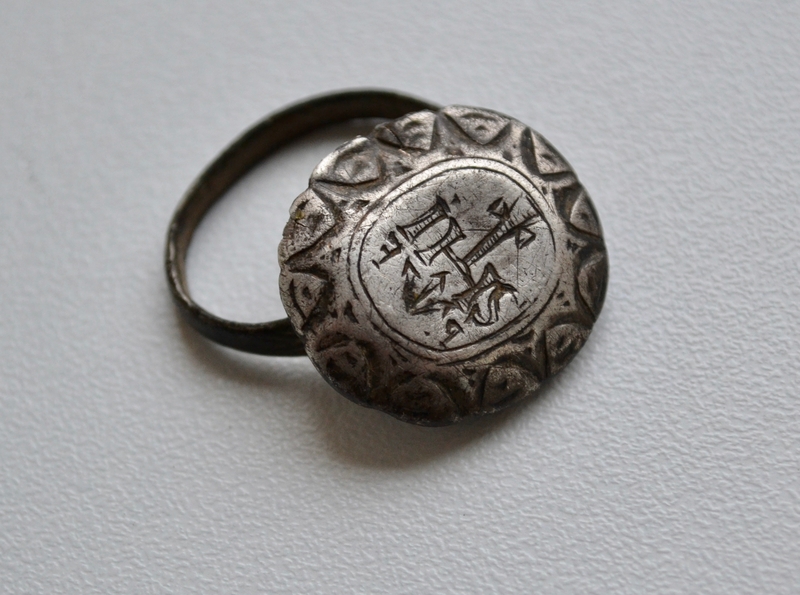Jesuits
Although the Jesuits settled in Vilnius and established Vilnius University back in the 16th century, at the time there were only 34 of them in Vilnius. However, in the 17th century they set up two more monasteries in Vilnius and became the most numerous in Vilnius, counting over 300 members.
The lifestyle of the Jesuits was extremely different from other types of monks – they actively travelled, organised spectacular sermons in city squares and were involved in education. As typical for monks of the time, the Jesuits did not wear habits and lived in rooms instead of cells. To become a Jesuit, one had to study for up to ten years.
We know a lot about the merits of Jesuits with regard to education, but did you know that they contemplated not only heavenly issues or theoretical sciences, but also contributed to the resolution of hygiene issues in the city? In fact, they installed the city’s sewage system for the removal of liquid filth.
University was certainly the most important centre of knowledge for Jesuits – they established the region’s first observatory and botanical garden, and put a lot of effort was into attracting famous European scientists and researchers of the time to give lectures at the university.
17th century: the travels of a monk
- Bonifratres Monastery and the Church of Holy Cross
- The Church of St. Ignatius and the Jesuit Noviciate
- Benedictine Convent
- Dominican Monastery and the Church of the Holy Spirit
- Jesuits
- Sisters of Charity
- Visitationists
- The Barefoot Carmelites
- Basilians
- House of professed monks to the Church of St. Casimir
- Franciscan Monastery
- Trinitors’ Monastery and the Church of the Saviour

